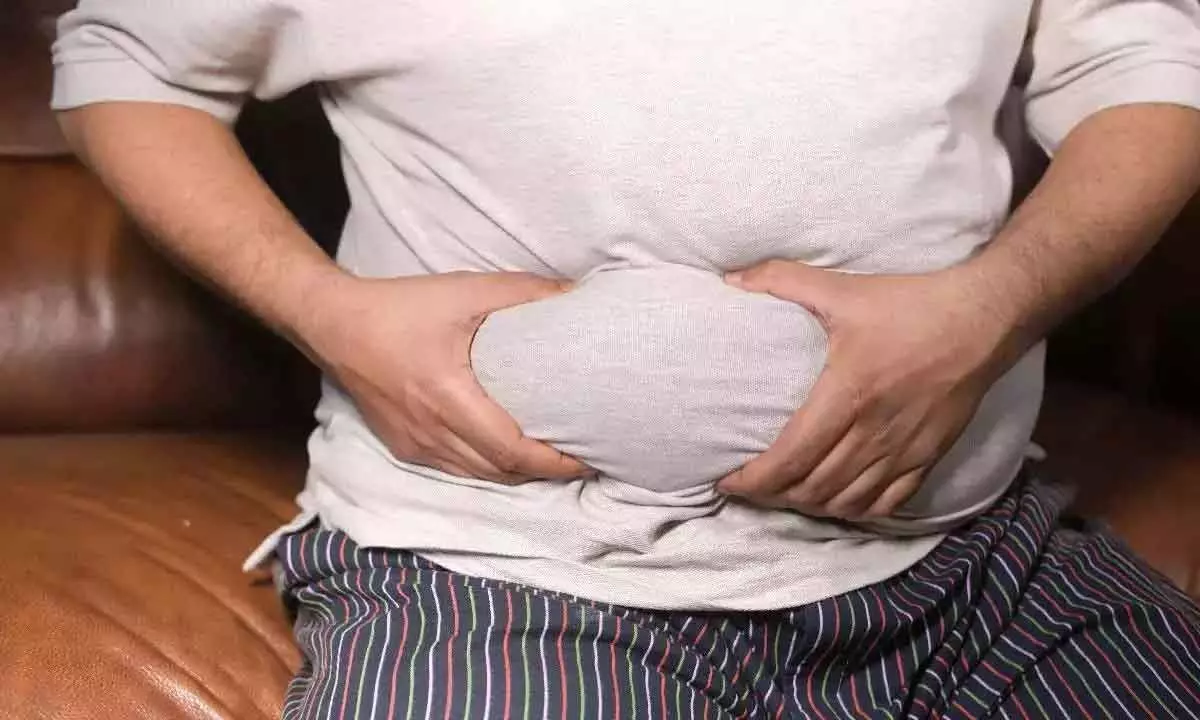Why drugs alone may not help treat obesity
Share :

While new treatments in the form of drugs and injections have been developed to tackle global obesity, they may not be efficient alone, experts said on Friday, as they stressed the role of maintaining a proper diet and exercise.
New Delhi: While new treatments in the form of drugs and injections have been developed to tackle global obesity, they may not be efficient alone, experts said on Friday, as they stressed the role of maintaining a proper diet and exercise.
According to global estimates, almost 2.3 billion children and adults are living with overweight and obesity. If the current trends continue, 2.7 billion adults could be living with overweight or obesity by 2025.
The current drugs targeting obesity have primarily been developed for the treatment of diabetes like semaglutide and other GLP -1 agonists, available both in injection and pill form.
“These drugs alone are not sufficient for weight loss. Alongside the drugs, patients must maintain a low-sugar, low-carbohydrate diet and engage in at least one hour of physical activity for optimal results,” Dr. G. Moinoddin, Consultant - Bariatric Laparoscopic Surgeon, Manipal Hospital, Bengaluru, told IANS.
Weight loss typically becomes visible after 6-7 months of consistent use, with gradual progress over time. The mechanism of action of these drugs starts after six weeks.
In addition to the high cost, people cannot prolong the drug use due to “potential gastrointestinal side effects, and risks like kidney problems and pancreatitis”. But, stopping the drugs can lead to a rebound in weight.
“In most cases, when patients stop taking these drugs, their metabolism returns to its previous state. If patients resume normal eating habits, the weight lost over 6 months to a year can return in just three months,” Moinoddin said.
A recent study, published in the journal 'eClinical Medicine', emphasised the addition of exercise to improve healthy weight maintenance after treatment is stopped.
The findings showed that “body weight and body composition were maintained one year after termination of supervised exercise, in contrast to weight regain after the termination of treatment with obesity pharmacotherapy alone”.
“The question everyone is asking is what happens after discontinuing weight loss drugs (GLP1RA)? Supervised exercise plays a key role in weight maintenance. If you depend on the drug alone, you are more likely to regain weight. Drugs are only a part of a weight loss plan,” Dr. Ambrish Mithal, Chairman, Endocrinology and Diabetes, Max HealthCare, said in a post on X.













